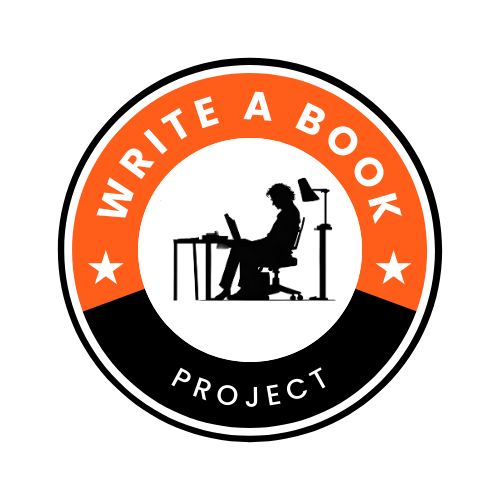How Great Storytelling Can Make Your Book Stand Out
Great storytelling can and will make your book stand out.
Have you read the McDonald’s story - The Golden Arches? If not and you want to truly understand storytelling for business you should read that brilliant business book.
Have you read the giant book by Tolstoy, War and Peace? The way the stories wind intertwine and develop is just mesmerising (truly the greatest story ever written.)
Or what about reading The Bible? Story after story after story makes it epic in its storytelling.
I had the privilege of creating and writing a story for a film. That film is called THE CURATOR. Watch it. The story is a story, no one would know apart from the owner. Now almost 12,000 people locally know his story.
A story well told, interesting, detailed and that can even allow visualisation so the reader is IN the story will make your book stand out as you would never believe possible.
7 Things To Consider When Writing Your Story
Differentiates your book: In any competitive book marketplace, storytelling gives you a free hand to differentiate your book from your competitors. By masterfully crafting unique and compelling narratives that highlight your character’s values, mission, or life experiences. You can then create a truly distinct identity, book, or individual story that sets you apart. It will help you stand out in the minds of your customers and create a powerful image as an author. Stephen King is a master of this as is political storyteller Jeffrey Archer.
Creates deep emotional connections: Storytelling has the power to evoke emotions and create a strong emotional connection with your readers. By telling human stories that resonate with their experiences, challenges, or aspirations, you tap into their emotions and foster a deeper bond. These emotional connections enhance reader loyalty and conversation. Just look at the huge cult following JK Rowling created for herself through her magnificent stories.
Engages and captivates your audience: Great storytelling can quickly capture attention and engage your readers. It holds their interest and keeps them invested in your story and message. When your storytelling is compelling, relevant, and well-crafted, it becomes a powerful tool for attracting and retaining the attention of your readers. This has never been more crucial in a world filled with endless daily and even by-the-minute distractions. Dostoevsky does this masterfully with his books.
Simplifies complex information: Storytelling can simplify complex ideas or information in your story. Instead of bombarding your readers with technical jargon or intricate unfamiliar words, you can use storytelling to present written concepts in a relatable and accessible manner. This makes it easier for your readers to understand and connect with your message.
Makes your read unforgettable: Stories have a lasting impact on customers’ memory. When you incorporate your life messages into a well-crafted story, it becomes more memorable and lasting for your readers. They are more likely to remember and recall your book, or key messages when they are presented within a storytelling context. I read The Death of Ivan Ilyich by Tolstoy a decade ago. That book still affects me today.
Ignites word-of-mouth or viral marketing: Compelling, engaging and interesting stories have the potential to generate word-of-mouth or viral marketing for your book. When readers resonate with your storytelling, they are more likely to share it with others, either through social media, personal conversations, or online reviews. This will lead to increased book awareness, and reach, and customers ultimately buying more of your books.
Position your story and book as authentic: Authenticity is a crucial aspect of your storytelling. When you tell genuine and TRUE stories that reflect your characters's values, experiences, and purpose, you position your book as truly authentic and trustworthy. This authenticity resonates with readers and helps build trust and credibility.
By leveraging great storytelling techniques, you can make your book really stand out by creating a unique and memorable book identity, connecting emotionally with your audience, simplifying complex information, and fostering positive word-of-mouth. These storytelling elements contribute to a differentiated and impactful book presence in the busy reading marketplace.
I am here to help you write your story.
Yours
Author | Mentor | Ghostwriter
Alan Forrest Smith

